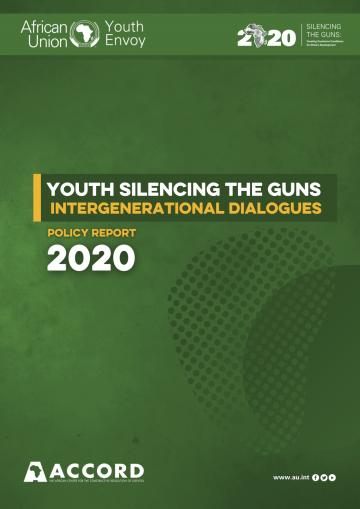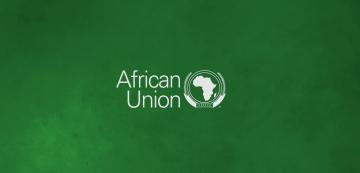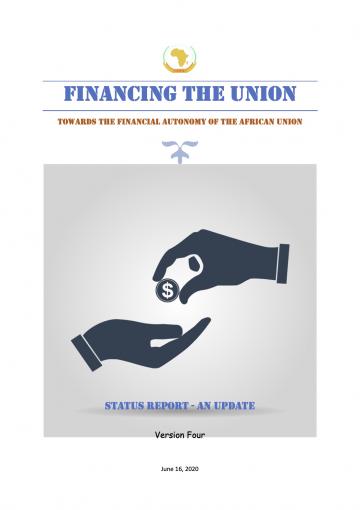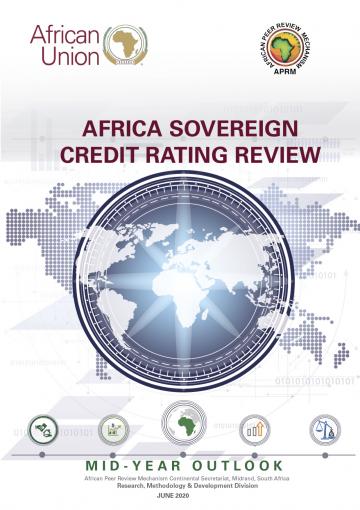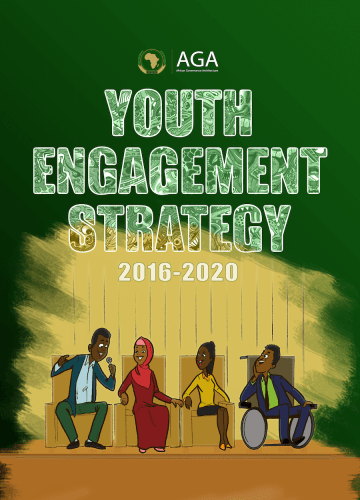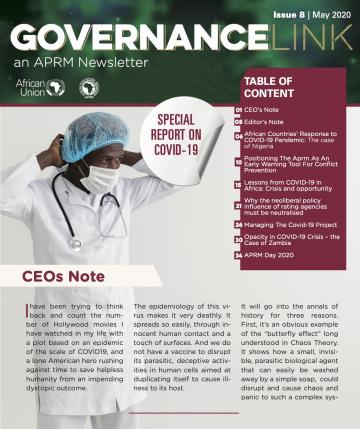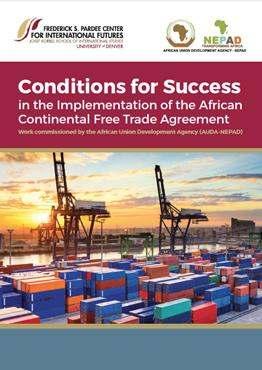Key Resources
-
November 13, 2020
Youth Silencing the Guns Intergenerational Dialogues: Policy Report 2020
-
September 30, 2020
(Videoconference)
As of 21 September 2020
AU STATUTORY MEETINGS From 30 September to 22 October 2020 - July 13, 2020
- July 07, 2020
-
June 16, 2020
1. The AU needs adequate, reliable and predictable resources to implement its programmes so as to achieve its development and integration goals. Successive Summits of the AU have since 2015, taken financial reform decisions, to ensure there is sound and predictable finances to address the historical challenges the African Union has faced. These are;
-
June 10, 2020
This report is authored by the African Peer Review Mechanism, a specialised entity of the African Union, in collaboration with the African Development Bank and the United Nations Economic Commission for Africa. It is a bi-annual publication on developments and trends in the area of sovereign credit rating services by international rating agencies among African countries.
- June 01, 2020
- May 21, 2020
- May 04, 2020
-
February 13, 2020
There is a general consensus that science, technology and innovation are at the heart of development, and that investment in this sphere is critical to ensuring long-term growth. To this end, in 2014, African Heads of State and Government adopted the Science, Technology and Innovation Strategy for Africa 2014-2024, (STISA 2024), as a framework for S&T and innovation development in the Member States.
-
February 09, 2020
- February 09, 2020
- Page 0
- ››



